Can We Talk About Israel/Palestine?
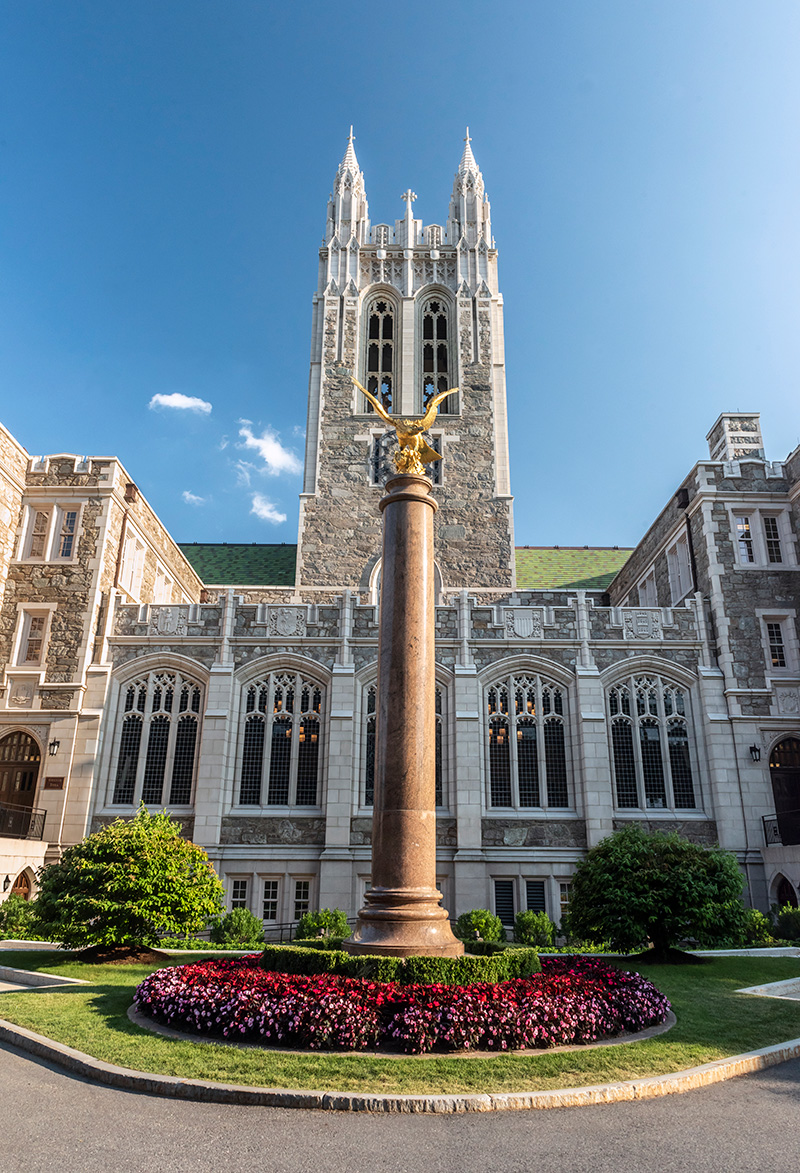
A BC COMMUNITY EVENT ONLY
Marsin Alshamary
Political Science, Boston College
Daniel Joslyn-Siemiatkoski
Theology and Center for Christian-Jewish Learning, Boston College
Peter Krause
Political Science, Boston College
Jonathan Laurence
Political Science and The Clough Center, Boston College
Date: April 8, 2024
**Due to the overwhelming response, we are asking everyone to show their BC ID when entering. This is now a ticketed event.**
Registration has closed.
* Following BC protocol, bags and signs will not be allowed into the venue.
* No video/audio recordings allowed.
A panel discussion about strategies for having respectful conversations about difficult topics.
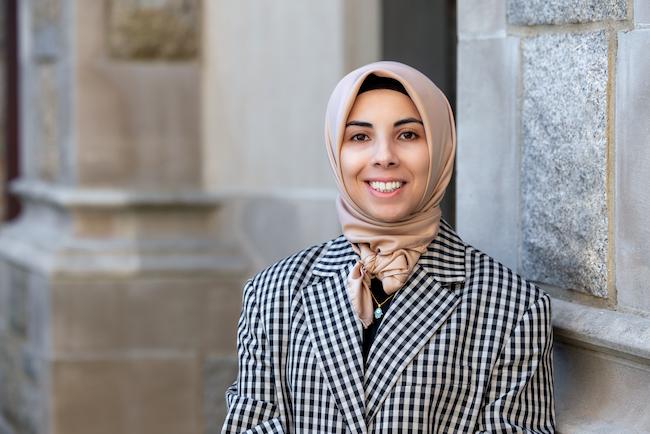
Marsin Alshamary is a scholar of Middle Eastern politics, with a primary focus on religious institutions, civil society, and protest movements. She is currently working on a book manuscript titled: A Century of the Iraqi Hawza: How Clerics Shaped Protests and Politics in Modern Day Iraq, which explores the historical and contemporary interactions between the Shi’a religious establishment and protest movements. Her research has been published in academic journals, including The Journal of Democracy, and she has provided commentary to various media outlets such as Agence France-Presse, Al Jazeera, BBC, The Associated Press, Vox Media, The Washington Post, and Reuters. Alshamary has also consulted for organizations like the United Nations, USAID, and the World Bank. She is a faculty associate in the Islamic Civilization and Societies Program at Boston College. She is also a research affiliate with the Middle East Initiative at the Harvard Kennedy School and a non-resident fellow at the Brookings Institution. She holds a doctorate in political science from the Massachusetts Institute of Technology (MIT).
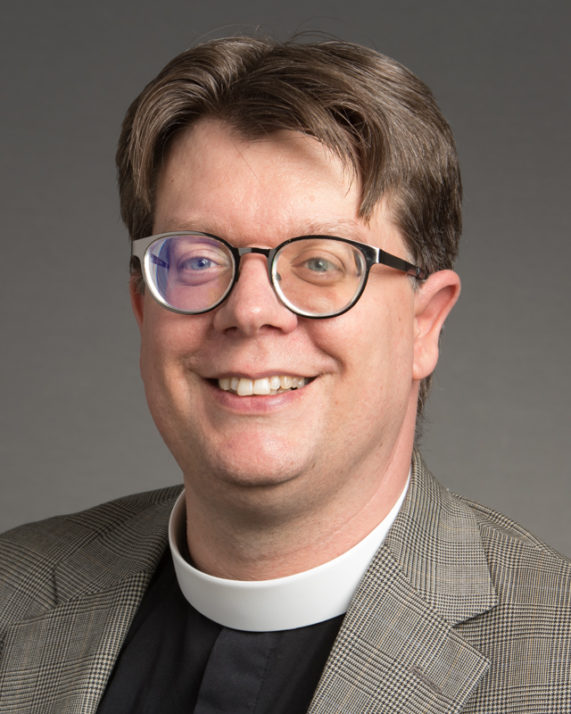
Dr. Daniel Joslyn-Siemiatkoski is the Kraft Family Professor and Director of the Center for Christian-Jewish Learning. He is a scholar of Jewish-Christian relations and comparative theology and the author of The More Torah, The More Life: A Christian Commentary on Mishnah Avot and Christian Memories of the Maccabean Martyrs. His research interests include Jewish-Christian relations ancient and modern, comparative theology, the intersection of anti-Judaism and racism, and Anglican theologies of religion.
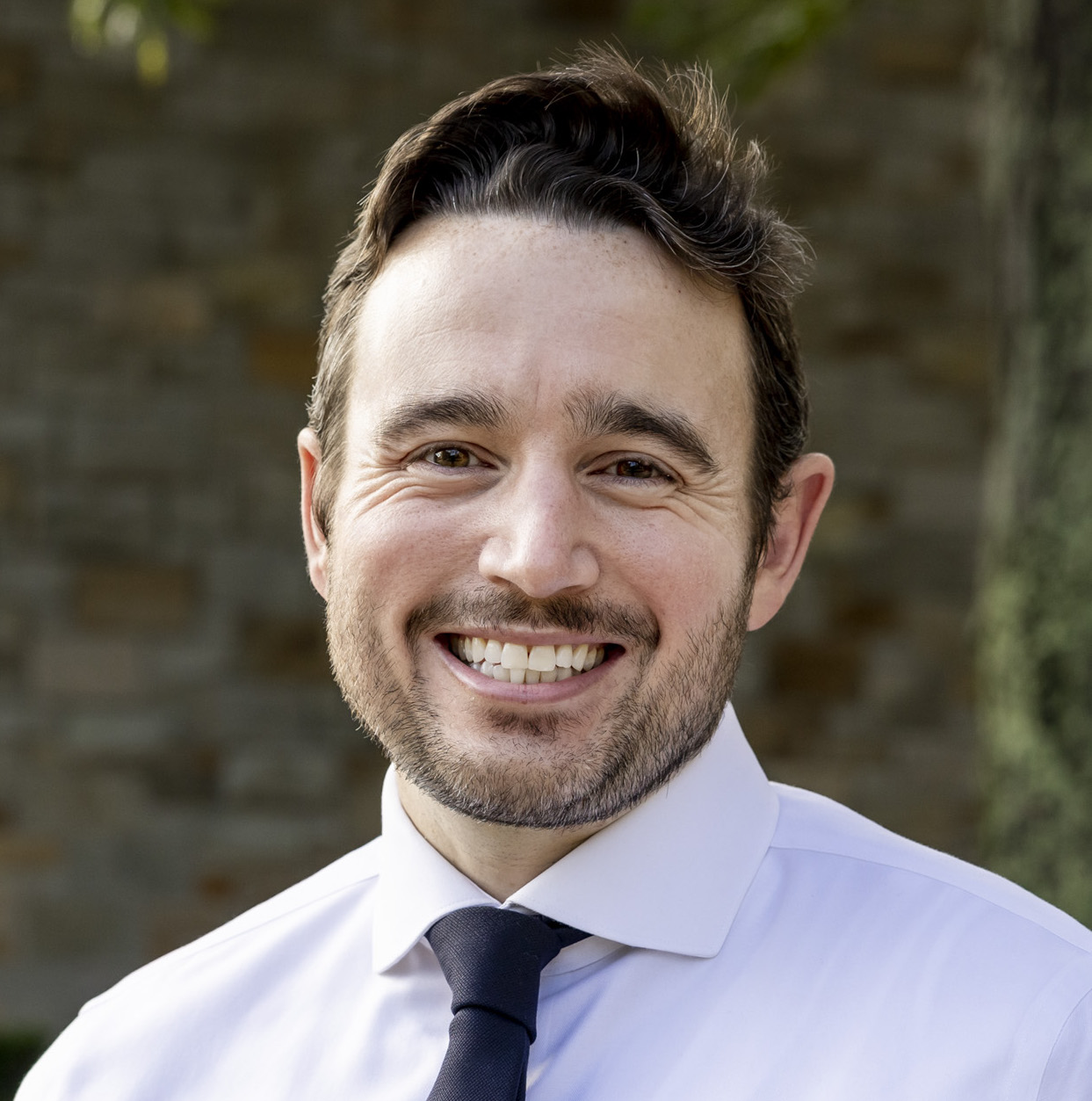
Peter Krause is an Associate Professor of political science at Boston College and a Research Affiliate with the MIT Security Studies Program. He is the author of Rebel Power: Why National Movements Compete, Fight, and Win (Cornell University Press, 2017), and co-editor of Coercion: The Power to Hurt in International Politics (Oxford University Press, 2018) and Stories from the Field: A Guide to Navigating Fieldwork in Political Science (Columbia University Press, 2020). His research and teaching focus on Middle East politics and the Israeli-Palestinian conflict, rebels and revolution, national movements, and peace-building. He is a former Fellow at the Harvard Kennedy School, Crown Center for Middle East Studies at Brandeis University, and Uppsala University.
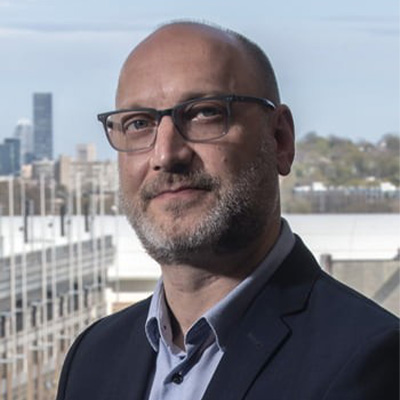
Jonathan Laurence received a B.A., summa cum laude, from Cornell University, a C.E.P. at Sciences Po, and an M.A. and Ph.D. in Government from Harvard University. His principal areas of teaching and research are comparative politics and religion and politics in Western Europe, Turkey, and North Africa. Laurence's latest book is Coping with Defeat: Sunni Islam, Roman Catholicism and the Modern State (Princeton University Press, 2021). Previously, The Emancipation of Europe's Muslims, was published by Princeton University Press in 2012, and received awards for Best Book in religion and politics and migration and citizenship from the American Political Science Association. His first book, Integrating Islam: Religious and Political Challenges in Contemporary France, co-authored with Justin Vaïsse, was published by Brookings Institution Press (2006) and Odile Jacob (2007) and named an Outstanding Academic Title by Choice Magazine. Laurence is an affiliate of the Center for European Studies at Harvard. His Ph.D. thesis in political science (Harvard, 2006) was awarded the American Political Science Association's Harold D. Lasswell Prize in 2006, as the best dissertation in public policy completed in 2004 or 2005. He is a former fellow of the American Academy in Berlin, Wissenchaftszentrum Berlin, Transatlantic Academy at the German Marshall Fund, Fafo Institute/Norwegian Research Council, LUISS University-Rome, Sciences Po-Paris and the Brookings Institution (nonresident, 2003-2018).
Resource Guide:
(Prepared November 2023)
Understanding October 7, 2023 and the Middle Eastern Conflict:
Contexts, Histories, and Tensions
In light of the Israel-Hamas War, the Boisi Center would like to offer a resource guide to provide contextual information about the historical, political, and religious tensions fueling this conflict. We reached out to several Boston College professors from various departments, including political science, international studies, theology, and sociology. They have recommended some resources on the tensions in the Middle East, which are compiled below. We hope that this guide will be a useful resource for those seeking more information about the histories, perspectives, and tensions at play in the conflict.
Israel-focused:
What this War is about
Israel, Hamas, and the Gaza Arena: A Timeline
From a Kabbalist’s Grave to a Destroyed Kibbutz: Inside an IDF Press Tour
Palestine-focused:
There Is a Jewish Hope for Palestinian Liberation. It Must Survive.
The Geopolitics of Palestine, Explained
One or two states? The status quo is Israel’s rational choice
About Hamas:
What is Hamas
What you need to know about Hamas
‘We Serve the People’ Hamas Policing in Gaza
Other/Background/Context:
Holocaust Survivors and the Establishment of the State of Israel (May 14, 1948)
Iran’s Nuclear Threat in the Biden Era: Israel’s Response Options
What is U.S. Policy on the Israeli-Palestinian Conflict?
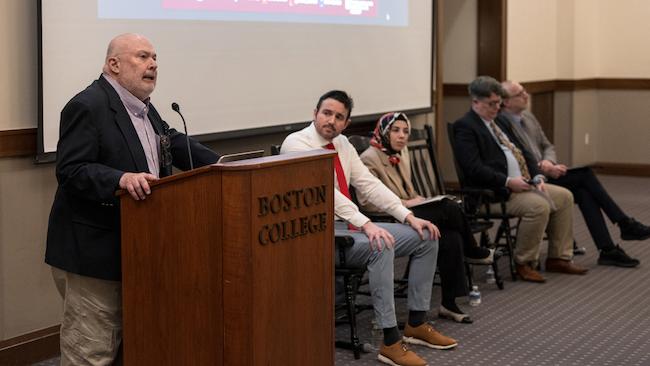
Mark Massa, S.J., at the podium, introducing the panel. Sitting from L to R: Peter Krause, Marsin Alshamary, Daniel Joslyn-Siemiatkoski, and Jonathan Laurence
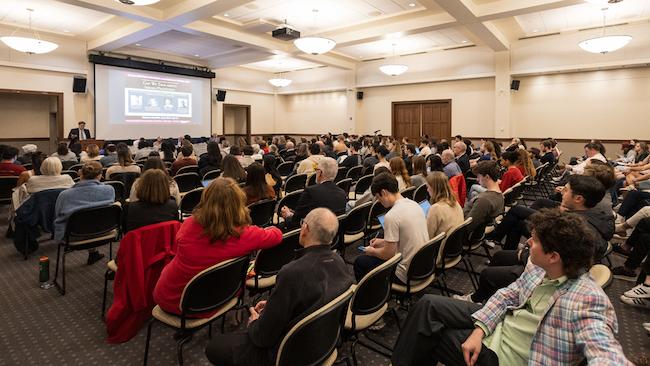
View of the audience in the Heights Room with the panel in the background.
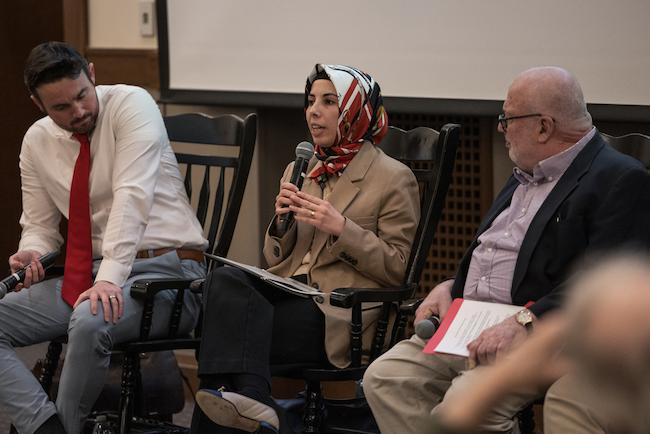
Marsin Alshamary answering questions.
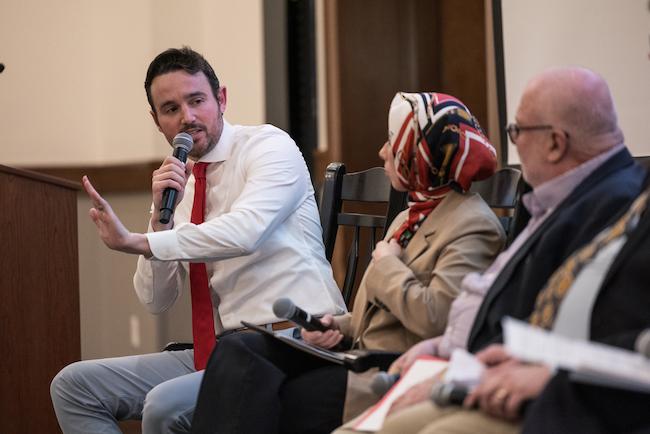
Peter Krause addressing the panel.
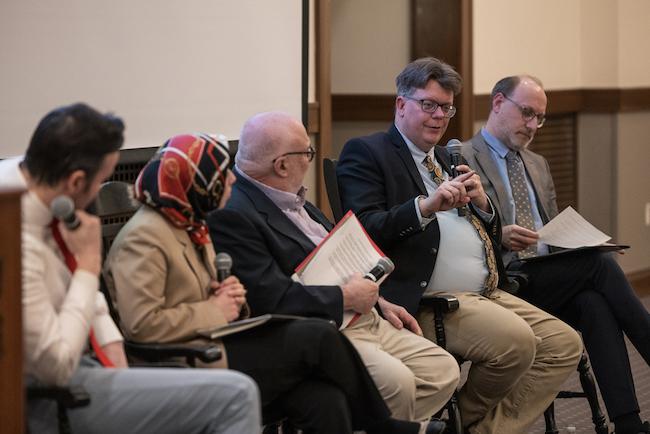
Daniel Joslyn-Siemiatkoski responds.
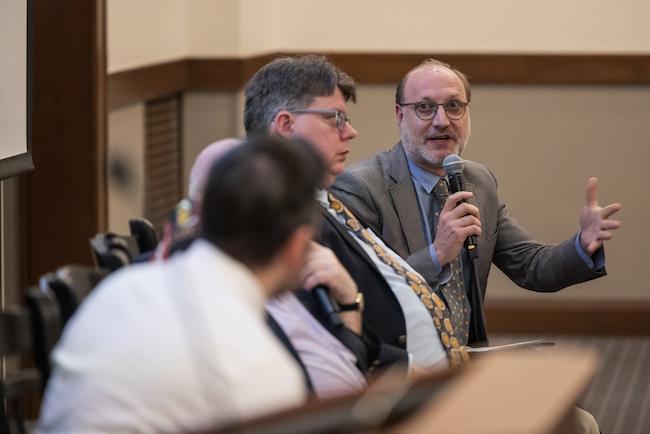
Jonathan Laurence expresses his points of view.
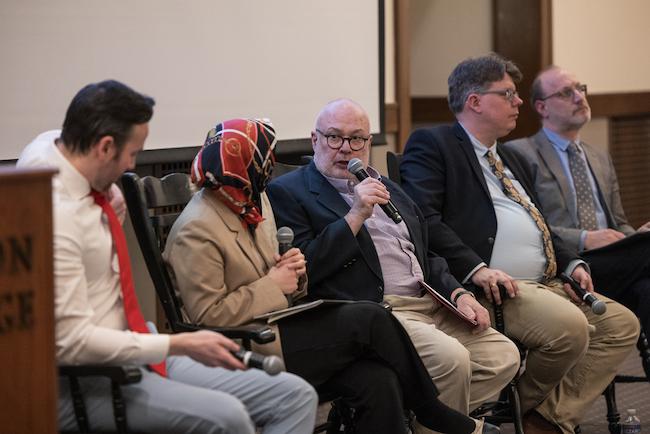
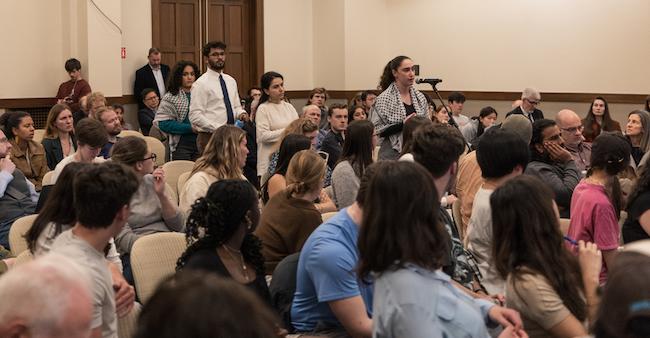
View of the mic where students lined up to ask questions to our panelists.
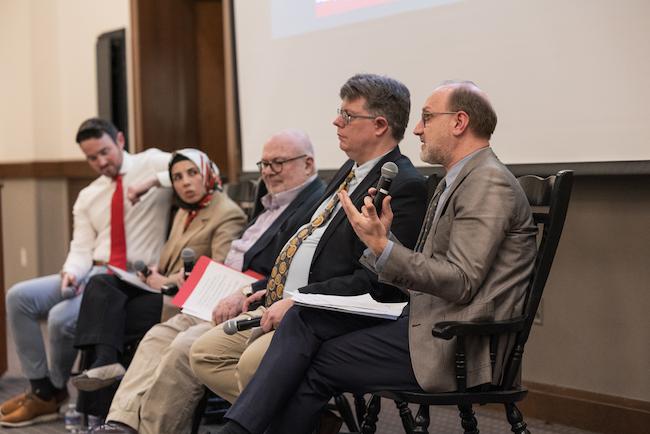
On Monday, April 8, 2024, six months after Hamas’ terrorist attack on Israel, the Boisi Center hosted an internal conversation for the BC community entitled, “Can We Talk About Israel/Palestine?” The event consisted of a panel moderated by Mark Massa, S.J. and included four Boston College professors: Marsin Alshamary of the political science department, Daniel Joslyn-Siemiatkoski of the theology department and director of the Center for Christian-Jewish Learning, Peter Krause of the political science department, and Jonathan Laurence of the political science department and director of the Clough Center for the Study of Constitutional Democracy. The event was very well-attended with over 275 registrants. Panelists offered viewpoints from diverse academic perspectives to help shed light on the political, religious, and historical dimensions of this tragic conflict.
Massa began the event by asking each of the panelists what approaches we might consider when engaging in conversation about the conflict. They noted that engaging with this topic effectively requires employing an empathetic view focused on promoting shared humanity, surveying a diversity of perspectives from various disciplines, and considering the impacts of nationalism and rivalry. In response to another question about the worst way to understand the conflict, the panelists discouraged adopting a zero-sum view, embracing a strictly religious framework, and focusing too strongly on ancient hatreds. The panelists also offered advice for engaging with media sources, encouraging students to consult a diversity of sources, examine indigenous Middle Eastern sources, and limit the quantity of news received from social media. Finally, the panelists hypothesized about the event’s lasting effects on geopolitical dynamics, noting how the violence has contributed to anti-U.S. sentiments amongst younger generations.
At the end of the event, the panelists received questions from undergraduate students in the audience. Students asked insightful questions about topics like the appropriate language to use when describing the conflict, how the normalization efforts between Saudi Arabia and Israel contributed to Hamas’ decision to launch their attack on October 7, and how the November 2024 U.S. election may impact foreign policy in the conflict area. With these thought-provoking questions and the panelists’ astute responses, the event offered a fruitful opportunity for the BC community to engage in deeper learning around the issue.
****************************************************************************
The Gavel, known as the progressive student voice of Boston College, wrote an article about our event titled "Openness and Empathy: Boisi Center Talks Israel-Palestine." You can find it here.

